About
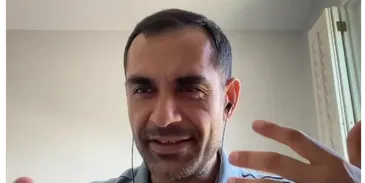
Next section describes the experience and training that enables me to provide you with powerful tools towards psychological wellness, stress management, and achievement.
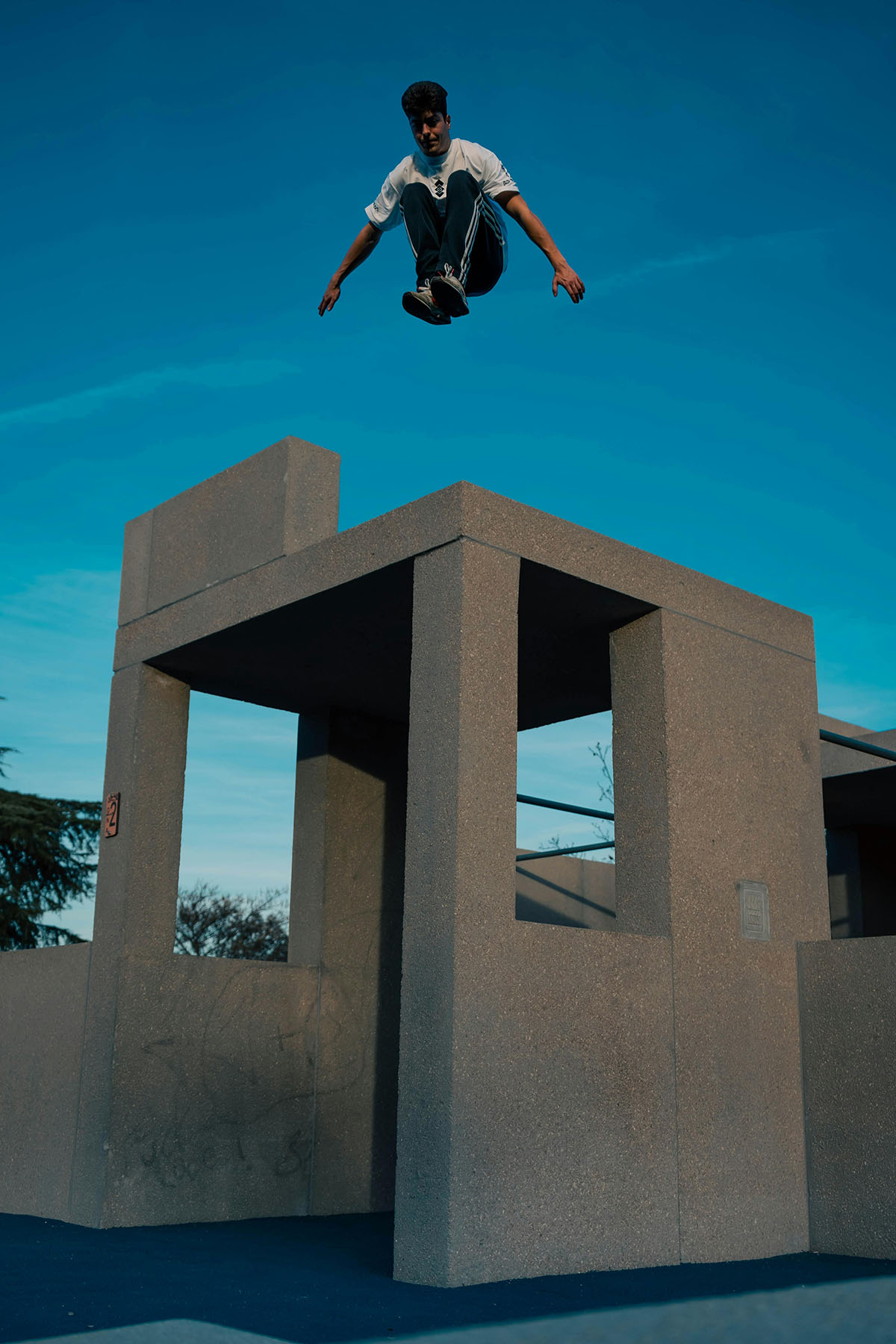
Overcoming
Academic
Struggles
After years of struggling in school and work, I gave up and almost enlisted in the US Navy. To enter at a higher rank, I took additional college units by enrolled in Introduction to Philosophy and fitness classes to get in shape for boot camp. Little did I know that this would change my life. The philosophy class showed me how the greatest thinkers in history name and understand human struggles. The fitness classes improved my learning and memory. After seeing how well I CAN perform at school, I decided to continue studying, particularly psychology, formerly a branch of philosophy. I began exercising more regularly. I listened to audiobooks by success coaches e.g., B., Tracy and S., Covey. This helped me track and solve problems that previously held me back. I began studying with others who were driven and ambitious. These new skills enabled me to raise my grades and transfer to a university, something thaw previously seemed impossible. As I felt more competent, I followed my curiosity to understand and improve the mind by volunteering at a university neuropsychiatric department. For the first time, I saw the depth to which the mind can deteriorate and how it may be rehabilitated.
Bachelors in Psychology

Masters in Clinical Psychology
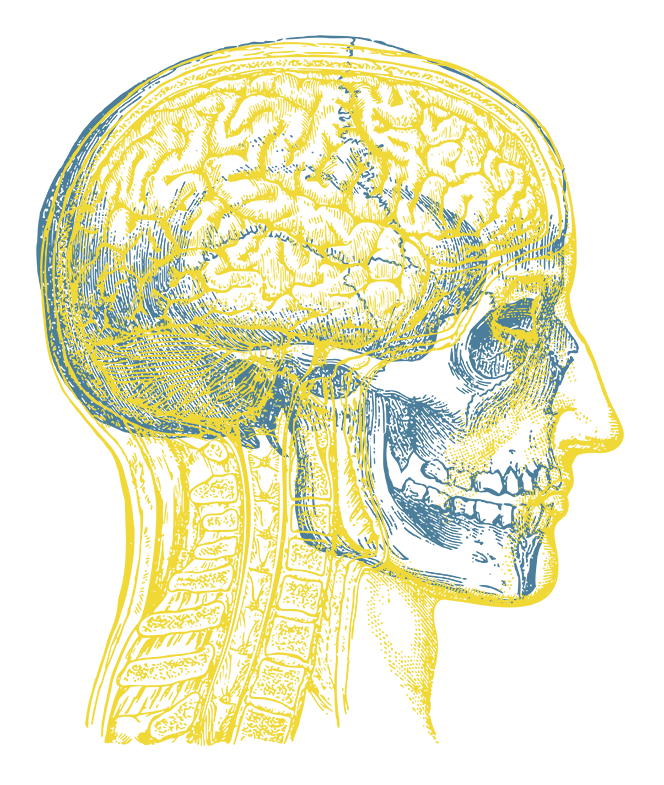
I also worked as a Graduate Advisor, continuing to help other students reach their academic goals, but now as a graduate student with more experience.
I applied my graduate experience at Pathways Behavioral Health to coach clients from diverse cultures to reach their next goal in mental wellness, by providing them with the missing coping skills, psycho-education, and resources.
Masters in Cognitive Science
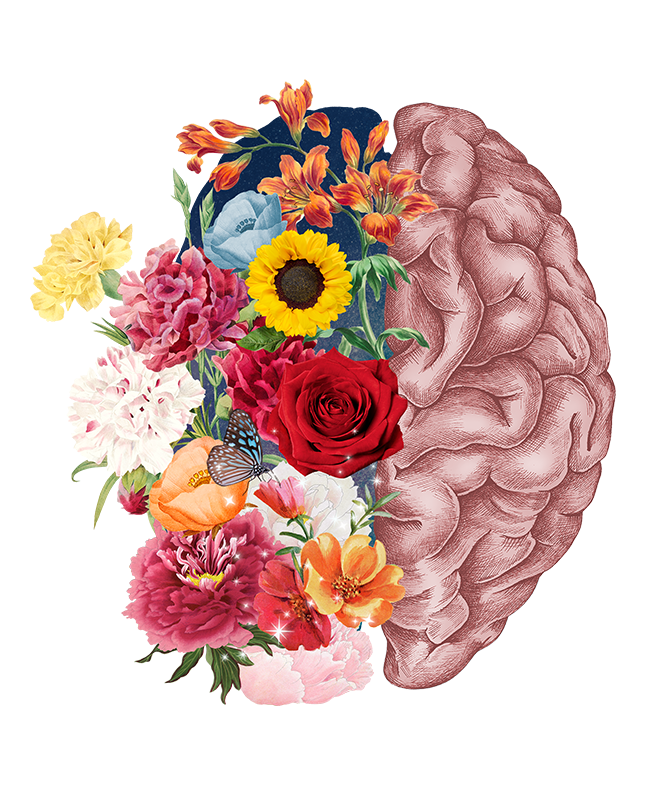
My second master training was in Cognitive Science, at the University of Umeå in Sweden. This was a multidisciplinary program that integrated the most powerful insights from medicine, psychology, philosophy, and computer science to elucidate workings of the brain and mind, in illness and health, from the molecular level to the psychosocial level. This expansive view provided me with a cutting-edge and pivotal understanding of how the mind and brain deteriorates and is improved. I focused on means to strengthen executive functioning skills, the highest cognitive skill, which coordinates other cognitive skills like memory and attention. I completed my thesis on factors that strengthen and preserve higher cognitive skills throughout the life span, particularly executive functions. I also assisted with cutting-edge neurophysiology research, identifying, recording from and stimulating brain circuits that enable perception, decision-making, and action, in illness and health in animal models.
My Mission
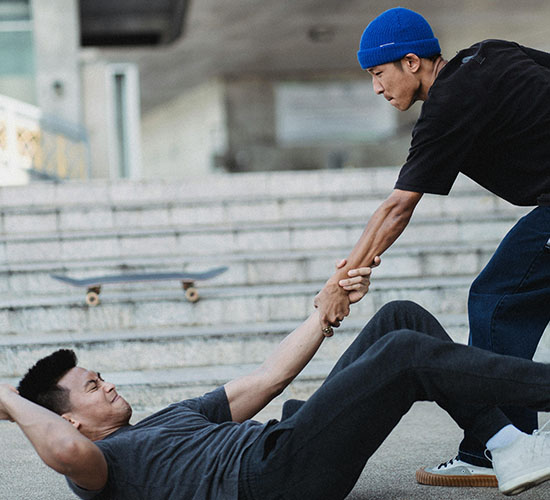
My mission as a Resilience Coach is to empower and inspire my clients to live a life that is authentic, fulfilling, and aligned with their best judgement, moment by moment. I believe that everyone has the potential to create positive change in their lives, and I am here to support you on your journey towards personal growth and transformation.
You CAN reach those very goals that seem beyond your reach right now.
My Approach
My Services
